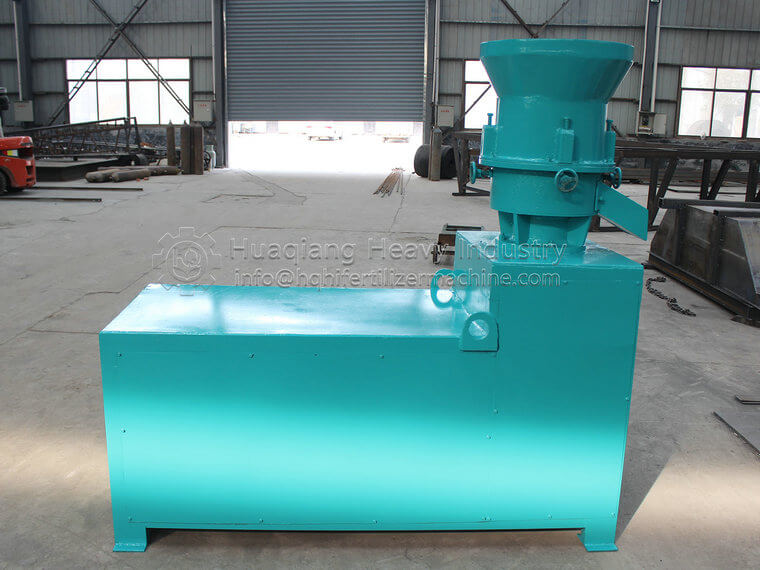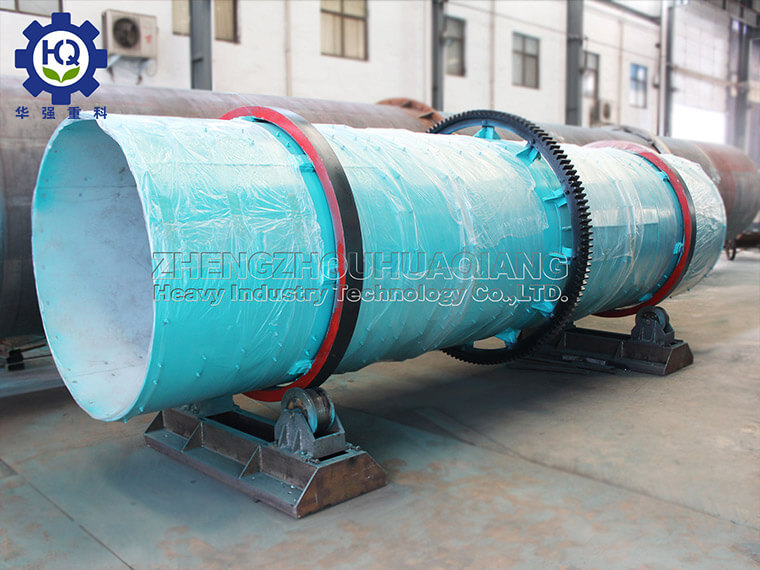Organic fertilizer turning machine is the fermentation choice for organic fertilizer producers
Can manure straw be used as organic fertilizer if it is not decomposed? The answer must be “no”. Only when the manure is completely decomposed by compost turning machine, and then made into organic fertilizer, the seedlings will not burn and rot. Most of the diseases and insect pests were killed by high temperature fertilizer.
Fermentation turner is the best choice for organic fertilizer manufacturers. After harmless treatment by organic fertilizer manufacturing process, organic fertilizer eliminates harmful bacteria and insect eggs, decomposes and transforms organic protein in a short period of time, has no odor, and commercial fertilizer is easy to transport. However, the general self-made fertilizer has the characteristics of long stacking time, low harmless degree, large amount of harmful bacteria, viruses, insect eggs and weed seeds, easy to burn roots and seedlings, and can not be sold as commercial fertilizer. Therefore, organic fertilizer manufacturers will purchase fermentation and compost turner machines to process farm manure.

Fermentation turner is an important link in the production process of organic fertilizer. Farmyard manure fermented by trough dumper is a kind of organic fertilizer with rich nutrient content. It has both a large amount of organic matter and high content of three elements. nutrient. The organic matter content is 25.5 percent, nitrogen is 1.63 percent, phosphorus is 1.54 percent, and potassium is 0.85 percent. Our hot-selling trough compost turning machine adopts track-type walking, so that the turning and throwing production process has good reliability, and the energy consumption is reduced. The matching trough changer can double the output, increase economic income and reduce equipment investment.
Our factory provides NPK fertilizer manufacturing process, organic fertilizer production equipment, we produce a wide range of fermentation compost turning machine models, according to the user’s fermentation tank width size custom turner machine.




.jpg)

.jpg)

